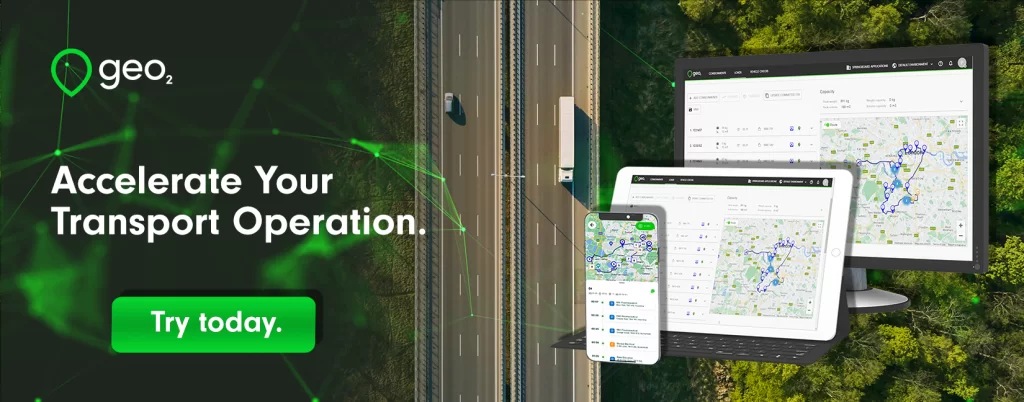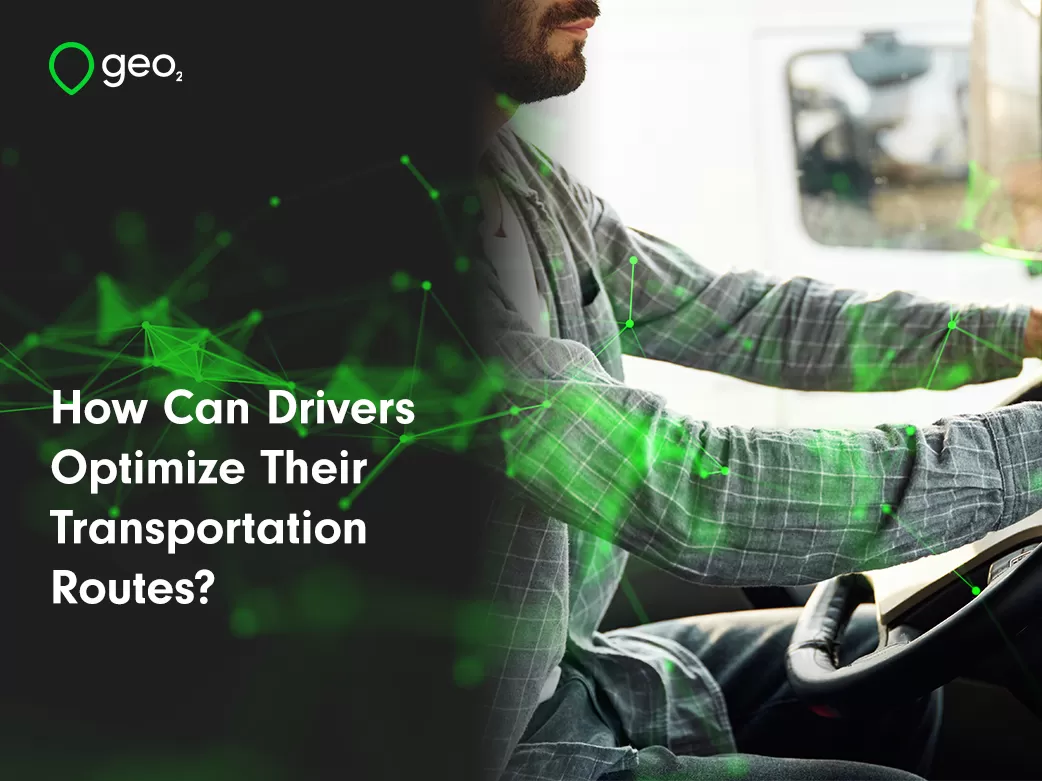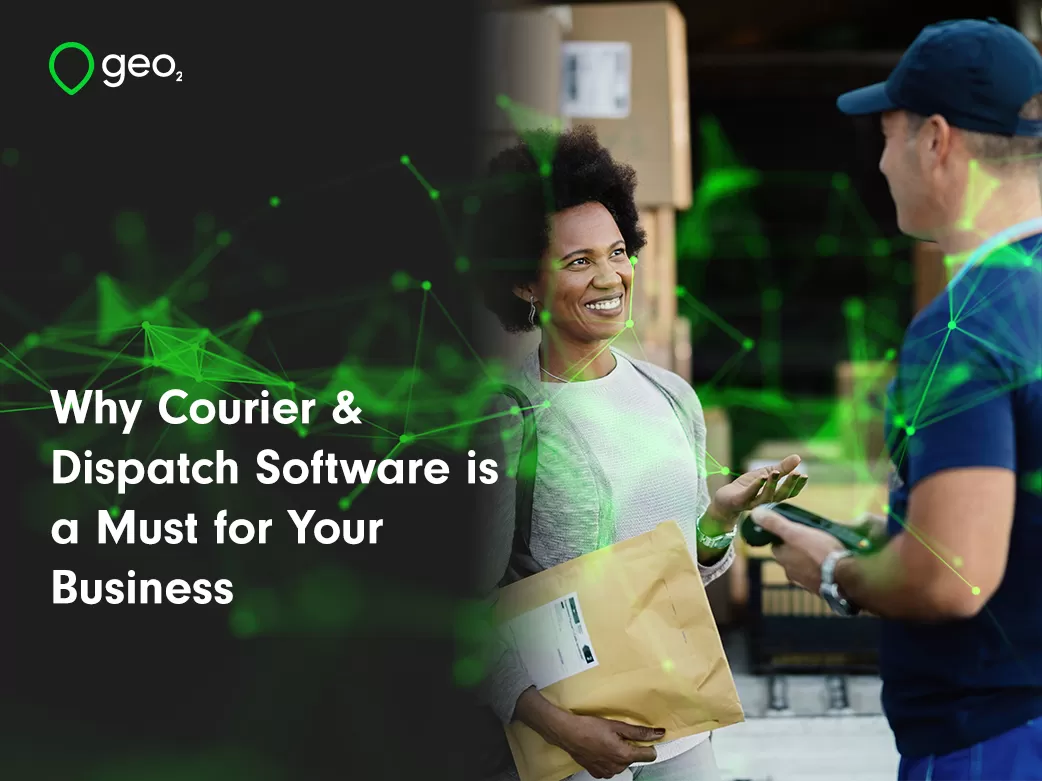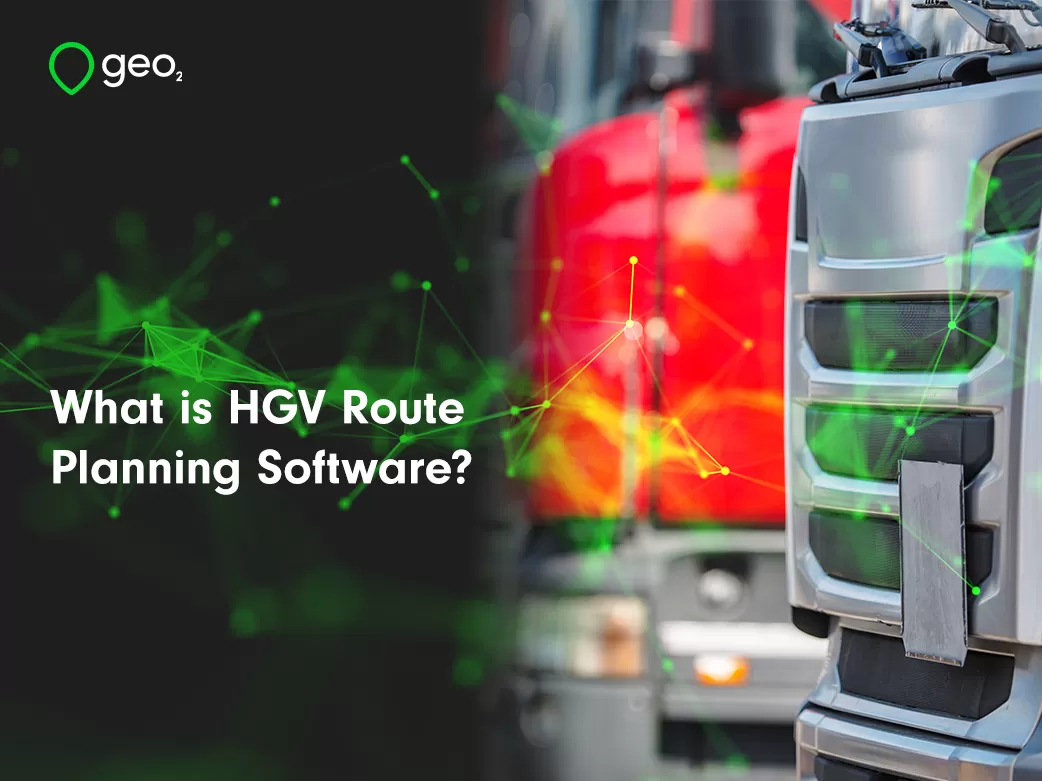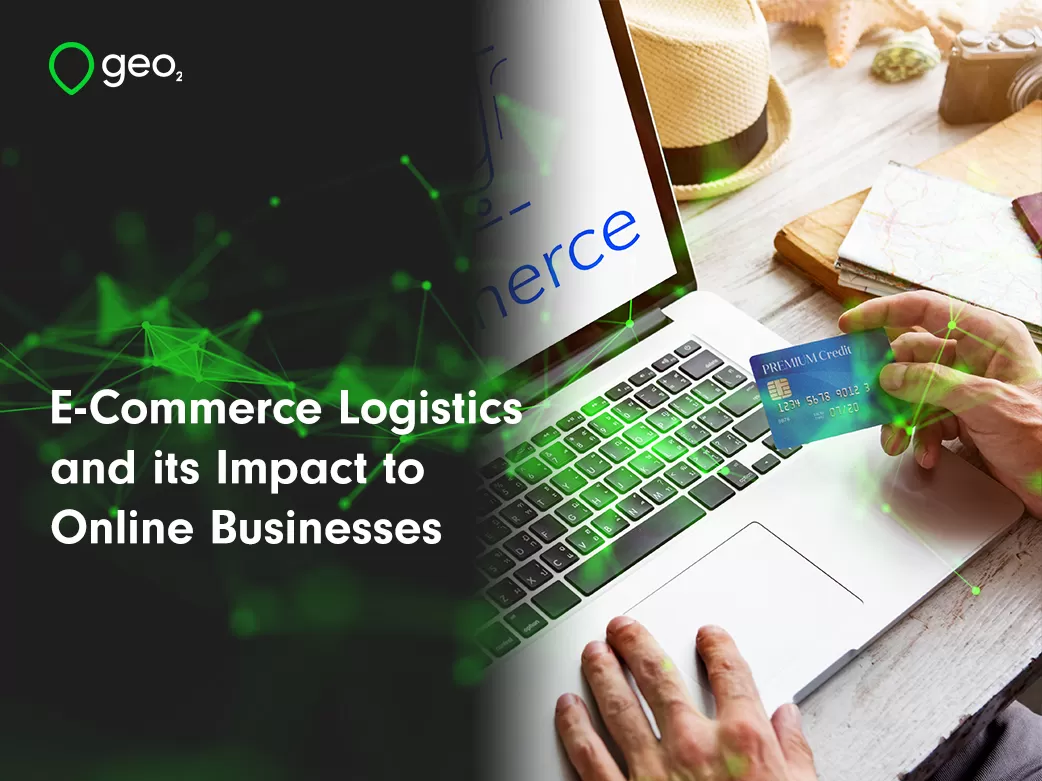
E-commerce Logistics and its Impact on Online Businesses.
Running an e-commerce business comes with unique challenges, with logistics often being one of the toughest. Effective logistics are crucial for ensuring customer satisfaction, timely deliveries, and a smooth supply chain. In this post, we’ll explore the ins and outs of e-commerce logistics and give you the tools you need to enhance your logistics processes.
Table of Contents.
Understanding E-commerce Logistics.
E-commerce logistics is about managing the movement of goods from the starting point to the customer. It includes inventory management, warehousing, packing, shipping, and last-mile delivery. For e-commerce businesses, good logistics are crucial for customer satisfaction. Poor logistics can lead to delays, damaged goods, or lost packages, which can hurt your business.
A strong logistics plan is key to meeting customer expectations and staying competitive online. In this blog post, we will discuss the main parts of e-commerce logistics, ways to improve operations, and future trends to watch.
The Role of E-commerce Logistics.
E-commerce logistics is key to customer experience. When people order something, they want it to arrive fast and in good shape. To meet these expectations, you need a well-organized logistics process.
A smooth logistics process helps customers get their orders on time. This directly affects how happy they are with your service and their loyalty. If customers get their orders quickly and without problems, they are more likely to shop with you again and tell others about your business.
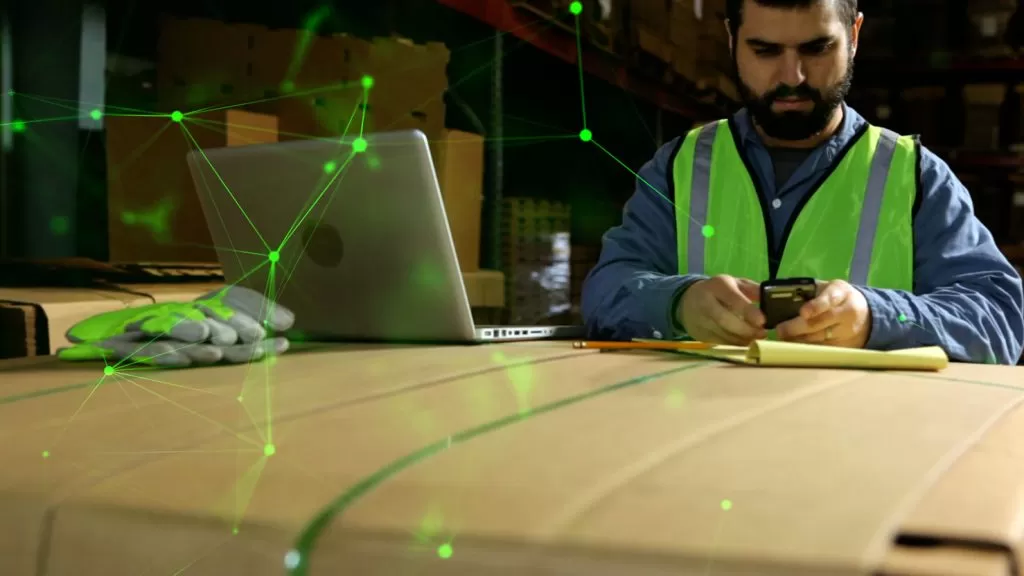
Table of Contents.
Key Components of E-commerce Logistics.
Fulfillment Centers.
Fulfillment centers are the backbone of e-commerce logistics. These distribution centers store products, process orders, and handle the packing and shipping. A well-managed fulfillment center ensures that orders are processed quickly and accurately.
Warehouse Management Systems.
A robust warehouse management system (WMS) is essential for efficient logistics operations. A WMS helps manage inventory, track shipments in real time, and optimize storage space. This reduces the risk of stockouts and ensures that products are always available for customers.
Packaging and Shipping Best Practices.
Proper packaging and shipping practices are crucial for protecting products during transit. Use high-quality packaging materials and follow best practices to ensure that products reach customers in perfect condition. Additionally, work with reliable shipping partners to guarantee timely deliveries.
Enhancing Ecommerce Logistics Operations.
Using Technology.
Technology is key to improving logistics efficiency. Advanced logistics software helps streamline operations, reduce errors, and boost productivity. Automation tools manage inventory, process orders, and track shipments more effectively. Route optimization and proof of delivery are also essential for maximizing the number of deliveries made per vehicle, reducing fuel usage, and reducing the number of returns.
Optimizing Supply Chains.
Optimizing supply chains means improving how suppliers, manufacturers, and retailers work together. This can be done through better communication, efficient inventory management, and strategic partnerships. By optimizing your supply chain, you can cut costs and speed up delivery times.
Selecting the Right Logistics Partner.
Choosing the right logistics partner is crucial for the success of your e-commerce business. Look for partners who offer reliable services, competitive pricing, and a strong track record. A good logistics partner can help you scale your operations and meet customer expectations.

Meeting Customer Expectations.
Importance of Fast and Reliable Deliveries.
Fast and reliable deliveries are essential for meeting customer expectations. Customers expect their orders to arrive quickly and without any issues. To achieve this, invest in efficient logistics operations and work with reliable shipping partners. Ecommerce companies that prioritize fast and reliable deliveries often see increased customer satisfaction and loyalty.
Improving Delivery Times.
There are several strategies for improving delivery times. These include optimizing your supply chain, using advanced logistics software, and partnering with reliable carriers. Additionally, consider offering expedited shipping options for customers who need their orders quickly.
The Role of Last-Mile Delivery.
Last-mile delivery is the final step in getting a product to a customer. It involves bringing the item right to their door. This step is crucial for keeping customers happy.
Invest in efficient last-mile delivery solutions. This will help ensure orders arrive on time and in good condition.
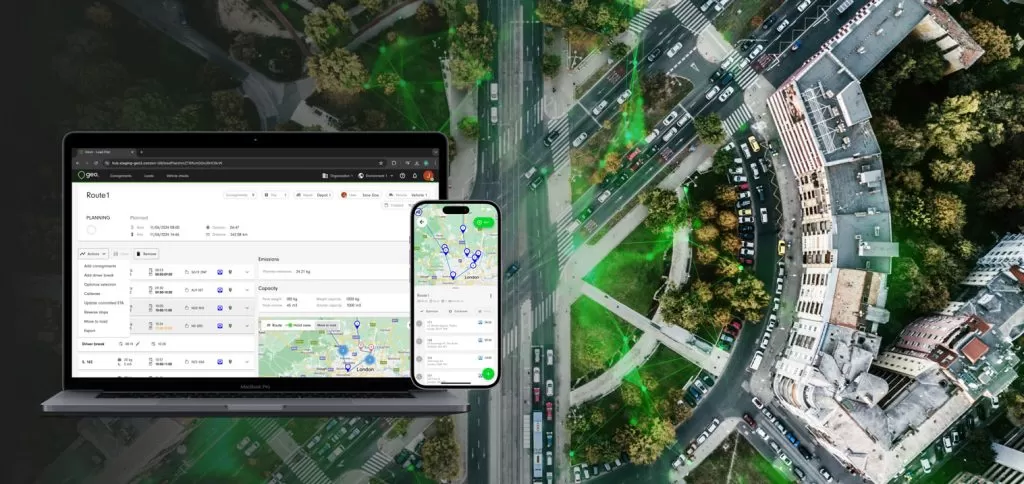
Future Trends in E-commerce Logistics.
Innovations Shaping the Industry.
The future of e-commerce logistics is being shaped by several innovations. These include the use of drones for deliveries, autonomous vehicles, and advanced robotics in warehouses. These technologies have the potential to revolutionize logistics operations and improve efficiency.
Industry Growth and Challenges.
The e-commerce logistics industry is expected to grow a lot in the coming years. But this growth will bring challenges. These include handling more orders, meeting customer expectations, and dealing with regulatory changes. Staying ahead of these challenges is crucial for e-commerce success.
Predictions for the Future.
The future of e-commerce logistics looks promising, with continued advancements in technology and increased focus on sustainability. Businesses that invest in innovative logistics solutions and prioritize customer satisfaction will be well-positioned for success.
Conclusion.
E-commerce logistics is important for running a successful online business. By understanding its key parts and using strategies to improve operations, you can meet customer expectations and stay competitive.
Investing in efficient logistics not only boosts customer satisfaction but also helps your business grow. Keep up with the latest innovations and best practices in e-commerce logistics to stay ahead.
Frequently Asked Questions (FAQs)
What is e-commerce logistics?
E-commerce logistics involves getting products from a fulfillment center to the customer’s door. This includes warehousing, inventory management, packaging, shipping, and last-mile delivery.
Why is e-commerce logistics important?
Efficient e-commerce logistics ensures timely and accurate delivery of products, which directly impacts customer satisfaction and loyalty. It also plays a crucial role in managing costs and maintaining a competitive edge.
How can technology improve e-commerce logistics?
Technology such as advanced warehouse management systems and automation tools can streamline operations, reduce errors, and enhance overall productivity in e-commerce logistics.
